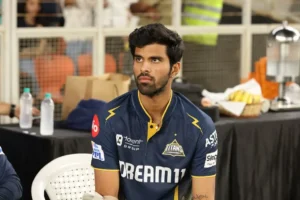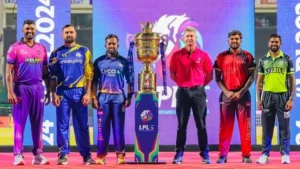Top Headlines
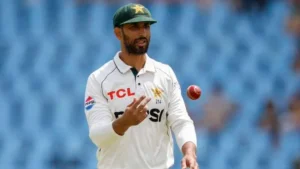

David Miller and Gerald Coetzee Ruled Out from Pakistan Tour
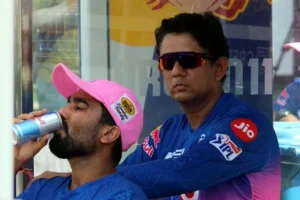

INDvsAUS | Australia Seal the Series with Two-Wicket Victory
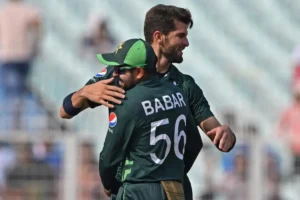
Michael Clarke's Critique of Mohammad Siraj's On-Field Conduct

Former Australian cricket captain Michael Clarke has recently stirred the cricketing world with his pointed criticism of Indian fast bowler Mohammed Siraj’s conduct during the Border-Gavaskar Trophy. Clarke’s comments center on Siraj’s method of appealing for leg-before-wicket (LBW) decisions, which he believes disrespects the game and, more specifically, the umpires.

Australia Seals Border-Gavaskar Series with a Commanding 3-1 Victory
Clarke expressed his views on Sky Sports Radio, highlighting what he sees as an overzealous approach by Siraj when appealing for LBWs. According to Clarke, Siraj has a habit of celebrating prematurely by running down the pitch without turning back to appeal to the umpire, essentially assuming the batsman is out. Clarke commented, “Siraj should be fined for keeping on appealing for lbws and not asking the umpire. He hits the batter on the pads and just runs down like they’re out.” He further noted his surprise at the International Cricket Council (ICC) not having fined Siraj for this behavior, recalling from his playing days that such actions were penalized.
This critique has sparked discussions about the etiquette of cricket, particularly around the respect shown the umpires. Clarke’s statement suggests that there is an expected decorum in how players should interact with officials on the field. His call for a fine underscores a broader debate on disciplinary measures in cricket, emphasizing the need for players to adhere to traditional norms of the game where appeals are made respectfully to the umpire.
Moreover, Clarke’s sentiments were echoed by another former Australian captain, Mark Taylor, who suggested that senior players in the Indian team, like Rohit Sharma or Virat Kohli, should address Siraj’s behavior. Taylor termed Siraj’s actions as “disrespecting the game and the umpire,” advocating for a conversation to correct this.
The context of these statements comes from incidents during the Test matches where Siraj was involved in heated exchanges and celebrations, notably with Travis Head, although Clarke’s primary concern was not his send-off but rather the manner of Siraj’s LBW appeals. The discussion around Siraj’s actions have added another dimension to the competitive spirit of the India-Australia series, known for its intensity both on and off the field.
While Siraj’s aggressive playing style has been part of his charm and effectiveness as a bowler, Clarke’s critique brings to light the balance between competitive fire and sportsmanship. Siraj’s approach, while perhaps intended to intimidate or psych out opponents, might need to be moderated according to traditional cricketing etiquette, as per Clarke’s perspective.
The reaction to Clarke’s statement has been mixed, with some fans and former players appreciating the call for maintaining respect for umpires, while other argue that such passion is part of what makes cricket, especially Test cricket, so engaging. This debate touches on the evolving nature of cricket, where traditional norms meet modern expressions of the game’s intensity.
In conclusion, Michale Clarke’s crtique of Mohammed Siraj’s on-field behavior, particularly his method of appealing, has opened up a broader conversation about Whether Siraj adjusts his approach or if the ICC takes any action remains to be seen, but the dialogue Clarke has initiated is certainly one that resonates across the cricketing community.



